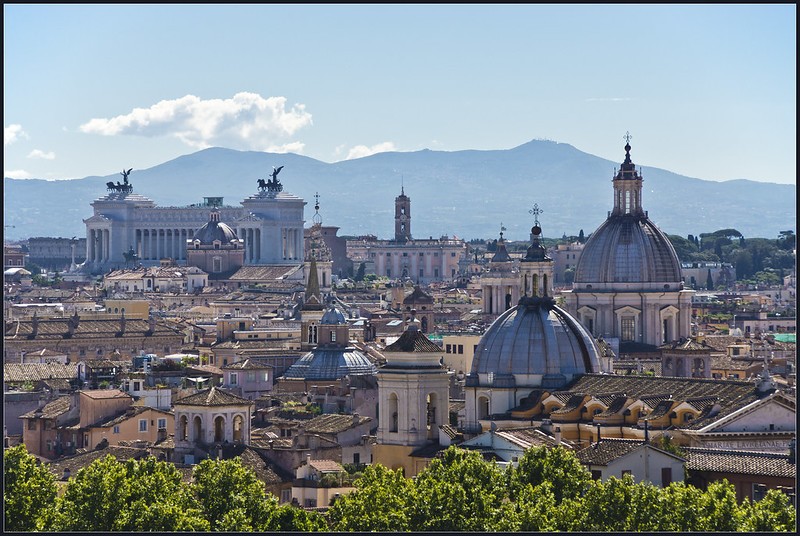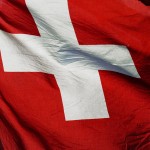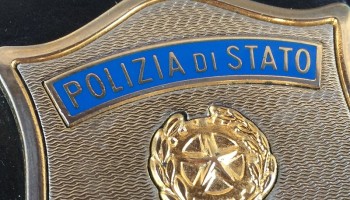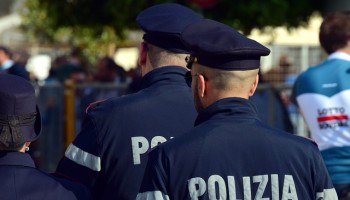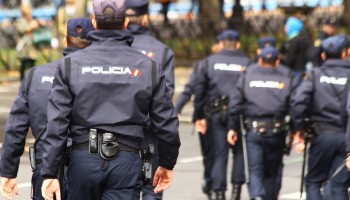On Wednesday, police arrested 26 'Ndrangheta members in the region around Rome and Calabria and seized more than 100 million euro in illicit assets, Italian State Media, ANSA reported.
‘Ndrangheta is Italy’s most powerful criminal group, and responsible for a sizable chunk of the drug trade in Europe.
Originating from Calabria, they have surpassed fellow mafia groups like the Sicilian Cosa Nostra and Neapolitan Camorra to take over the cocaine trade across Europe. Their illicit proceeds are believed to make up more than 3% of Italy’s total GDP.
The group is divided into clans, known as ‘Ndrine, and for years the growing power of certain ‘Ndrini outside of their traditional range but in major centers like Rome and Milan has been of concern to Italian authorities.
“Italian police on Wednesday smashed a Calabrian 'Ndrangheta mafia gang that had allegedly taken over a welter of Rome businesses operating in many sectors of the Italian capital's economy,” ANSA reported. According to police, they had infiltrated everything from bakeries to fisheries, as well as the leather and oil industry.
A day earlier in Catania, police arrested 21 suspected mafiosi belonging to the Lineri Family of Cosa Nostra, or the Sicilian Mafia. The group had been involved in extorting local businesses for so-called protection money.
“The investigation began following the extortion request made against a well-known restaurateur from Catania to whom, in August 2019, arson attacks had been proposed if he had not submitted to the payment of the protection money,” Italy’s State Police said.
The restaurateur had also received another warning form the group, two 7.76 caliber bullets, suggesting if he did not submit, one would end up inside of him. But following the threats, authorities were able to map out the family, from low level enforcers to the top of the clan.
“The investigative activity made it possible to identify the authors of the extortion requests and to reconstruct the organization chart of the mafia association to which they were part, among other things linked by blood ties with the head of Cosa Nostra of the province of Catania,” State police said. “About twenty local businesses, after years of pressing demands, have now been freed from extortion by the mafia clan.”
